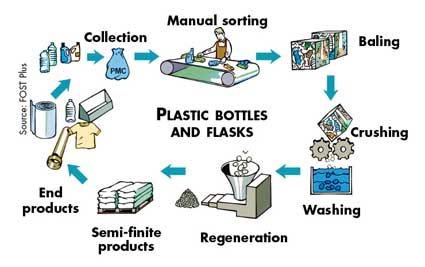
13 ต.ค. EDUCATION FOR SUSTAINABLE DEVELOPMENT IN LOWER SECONDARY SCHOOL – “THE WASTE PATHWAY”
EDUCATION FOR SUSTAINABLE DEVELOPMENT IN LOWER
SECONDARY SCHOOL – “THE WASTE PATHWAY”
Slaveya Petrova1, Nikolay Kochev2, Delka Karagyozova-Dilkova2
1Plovdiv University „Paisii Hilendarski“, Faculty of Biology, Department of Ecology and
Environmental Conservation (BULGARIA)
2Plovdiv University „Paisii Hilendarski“, Faculty of Biology, Department of Botany and
Teaching Methods in Biology (BULGARIA)
Abstract
Education is the key to the formation of global thinking in people, and hence it is a means of overcoming
the global problems facing the human community today. The four pillars of lifelong learning – Learning
to know; Learning to do; Learning to be; Learning to live together, are becoming more and more relevant.
Education for sustainable development is a process that must accompany a person’s entire life, from
early childhood to primary, secondary and higher education.
The aim of this study is to explore the possibilities for the formation of environmental behaviour in
students through a training course in sustainable waste management, based on a new–developed and
experimentally tested methodological model using an activity approach. This model has been
developed and validated through different activities. Here we demonstrate one of the themes entitled
“The waste pathway” (for 10–12 years old scholars, lower secondary school).
Our hypothesis: If training in sustainable waste management is implemented through an activity
approach, it will increase the environmental culture and environmental competence of students and will
form a long–lasting pro–environmental behaviour.
Theoretical analysis and didactic experiment are applied as main methods in the present pedagogical
research for testing the above–described working hypothesis. Two questionnaires “My ecological
footprint” (pre–test and post–test) are developed to account for the effectiveness of the innovative
methodological model.
The lesson starts with some videos (5–7 minutes) of polluted ocean, land, forest, etc. and the waste
impact on plants and animals. Last video presents a nature without waste and wild life on it. The teacher
asks students to express their opinion on videos and to share what and why they think about waste
pollution. Finally, the teacher summarizes that the amount of waste generated is huge and must be
managed by sustainable way to protect nature.
Next step includes different activities following the Kolb’s cycle, starting with Concrete experience –
“How much waste I dumped today at school?”, “Do we separate our waste at home?”, “What is the
waste pathway in nature, in mixed container, in colour containers?”. At this stage, the method of
discussion is applied – students are asked questions and they present their personal observations and
impressions.
Some working sheets are constructed for the Reflective observation of students. First task is to
choose the correct word and to fulfil into the text proposed. Second task is to watch a short video
on recycling process and to construct the recycling cycles of plastics, paper and glass by group
working. When the posters are ready, we move on to the Abstract conceptualization. The projects
are presented, and the results are commented, using brainstorming. As a conclusion, the Active
experimentation use the mind map approach – “Everyone can help nature by the sustainable
management of its own waste ….”.
In conclusion, we can recommend the training in sustainable waste management through an activity
approach to be implemented in all grades of school education. This will enable students to be actively
involved in social life, in solving community problems and subsequently this will lead to the formation of
sustainable environmental behaviour, which is essential for nature conservation for both current and
future generations.
Keywords: Kolb learning cycle; active learning; problem–based learning; learning by doing; innovative
methodological model.
1 INTRODUCTION
The modern world is in a situation of rapid change in civilizational values. Globalisation, as well as the
development of information and communication technologies, have a significant impact on the priorities,
goals, and paradigms of education, forms, and methods of training. In the process of learning, the
student needs to seek, discover, apply knowledge to solve problems constantly. The concept of lifelong
learning is being established[1].
Education is the key to the formation of global thinking in people, and hence it is a means of overcoming
the global problems facing the human community today. The four pillars of lifelong learning – Learning
to know; Learning to do; Learning to be; Learning to live together [2], are becoming more and more
relevant. Education for sustainable development is a process that must accompany a person’s entire
life, from early childhood to primary, secondary and higher education. Environmental education is a
long–term process that aims at raising awareness of environmentalissues, absorbing knowledge,
forming attitudes, values, and a sense of responsibility for the rational use of natural resources, as well
as encouraging action on nature conservation and sustainable development [3].
The aim of this study is to explore the possibilities for the formation of environmental behaviour in
students through a training course in sustainable waste management, based on a new–developed and
experimentally tested methodological model using an activity approach. This model has been developed
and validated through different activities. Here we demonstrate one of the themes entitled “The waste
pathway” (for 10–12 years old scholars, lower secondary school).
Our hypothesis: If training in sustainable waste management is implemented through an activity
approach, it will increase the environmental culture and environmental competence of students and will
form a long–lasting pro–environmental behaviour.
2 METHODOLOGY
Theoretical analysis and didactic experiment are applied as main methodsin the present pedagogical
research for testing the above–described working hypothesis.
Based on the contemporary theoretical concepts of pedagogy, didactics, and psychology, our team
developed an innovative methodological model [1]. The foundations of constructivist theory applied in
experimental training are based on the following constructs: i) Knowledge is based on the student’s
personal experience; ii) Knowledge is built individually and socially; iii) Knowledge is used to apply it to
the student’s life; iv) The main training methods are real–time observation and practical work [4].
The cognitive activity of students is based on the theory of learning by experience and is carried out in
the cycle of D. Kolb [5]. The innovative methodological model includes some problems for active learning
by each thematic lessons. Each problem is carried out in small groups (8–10 students); after that, the
team presents the results, and a group discussion is held. The problems for exploring in each thematic
lesson are divided into 4 stages following the Kolb’s learning cycle (experience, reflection, the
conceptualizationof experience, application, or planning of the next experience). By this model, the
students are involved in the active construction of their knowledge, instead of receiving provided
information [6].
Two questionnaires, “My ecological footprint” with an equal number of questions (15), are developed to
account for the results of the training conducted on the innovative methodological model. The first
questionnaire (pre–test) was made before the training in order to determine the level of knowledge and
competence in the problem up to the time of the survey. The second questionnaire (post–test) was
conducted after the training in order to take into account the effectiveness of the methodological model.
The questions are designed in such a way that they allow analyzing both the ecological competences
of the students (knowledge construct), the attitudes (attitude construct), and behavior (behavior
construct) of the students and their families towards separate waste collection [7].
Almost 100 students of the 10–12 years’ age were involved in the first stage of the innovative
methodological model’s approbation. They study in six different schools from three different settlements
– the city of Plovdiv, the town of Kazanluk, and the village of Krumovo. The training was realized by
some Bachelors students from the Faculty of Biology at the Plovdiv University “Paisii Hilendarski”
(Plovdiv, Bulgaria).
3 RESULTS
The lesson starts with some videos (5–7 minutes) of polluted ocean, land, forest, etc. and the waste
impact on plants and animals. Last video presents a nature without waste and wild life on it. The teacher
asks students to express their opinion on videos and to share what and why they think about waste
pollution. Finally, the teacher summarizes thatthe amount of waste generated is huge and must be
managed by sustainable way to protect nature.
Next step includes different activities following the Kolb’s cycle, starting with Concrete experience –
“How much waste I dumped today at school?”, “Do we separate our waste at home?”, “What is the waste
pathway in nature, in mixed container, in colour containers?”. At this stage, the method of discussion is
applied – students are asked questions and they present their personal observations and impressions.
Some working sheets are constructed for the Reflective observation of students. First task is to choose
the correct word and to fulfil into the text proposed(Fig. 1).
Figure 1. Example of the worksheet.
Second task is to watch a short video on recycling process and to construct the recycling cycles of
plastics(Fig. 2), paper (Fig. 3) and glass (Fig. 4) by group working. The class is divided into three groups.
Firstgroup receive from the teacher small pictures showing the steps of recycling glass, the second
group – pictures with the stages of recycling plastic and the last group works with pictures ofthe stages
of recycling paper. The task is to arrange the stages of waste recycling process on a posterin the correct
sequence.
Each group works independently, having to complete the task for a certain time. When the posters are
ready, we move on to the Abstract conceptualization. The projects are presented and the results are
commented, using brainstorming. At the end of the lesson, students enrich their knowledge about the
recycling of different types of waste and come to the conclusion that recycling is an extremely complex
and lengthy process.As a conclusion, the Active experimentation use the mind map approach –
“Everyone can help nature by the sustainable management of its own waste ….”.
4 CONCLUSIONS
The study covers activities on the most current environmental topics: sustainable development, waste
management, recycling, circular economy. The project provides opportunities for cooperation and
interaction between students in a team organisation of cognitive activity, the implementation of active
student learning, and constructivist design of training, which will increase the practical orientation of the
acquired knowledge and competences.
In conclusion, we can recommend the training in sustainable waste management through an activity
approach to be implemented in all grades of school education. This will enable students to be actively
involved in social life, in solving community problems and subsequently this will lead to the formation of
sustainable environmental behaviour, which is essential for nature conservation for both current and
future generations.
ACKNOWLEDGEMENTS
This research work was carried out with the support of the Scientific Fund at the Plovdiv University
„Paisii Hilendarski“ by contractSP19BF008, managed by Assoc. Prof. Delka Karagyozova–Dilkova.
REFERENCES
[1]B. Nikolov, G. Stankova, A. Tabak, M. Kateva, R. Shamburova, P. Dzhambazova, S. Petrova, V.
Naydenova, D. Karagyozova–Dilkova, “Methodological model for enhancement of the ecological
competences of students through sustainable waste management”,Proceedings of CBU in Natural
Sciences and ICT, vol. 1, pp. 73–77, 2020, Retrieved from https://doi.org/10.12955/pns.v1.125
[2]P. Hager, “Concepts and Definitions of Lifelong learning” in Oxford Handbook on Lifelong Learning
(M. London, ed.), Oxford University Press, Oxford, 2011.
[3]D. Uzzel, “Education for environmental action in community: new roles and relationships”,
Cambridge Journal of Education, vol. 29, no. 3, pp. 397–414, 1999
[4]M. Driscoll,Psychology of Learning for Instruction, Boston: Allyn & Bacon, 2000.
[5]D.A. Kolb,Experiential learning: Experience as the source of learning and development (Vol. 1),
Englewood Cliffs, NJ, Prentice–Hall, 1984.
[6]D. Karagyozova–Dilkova, Person–oriented strategies in biology education, Plovdiv, Bulgaria: Plovdiv
University Publishing House, 2007.
[7]E. Vassileva,Models of sustainable consumption of individual consumers and households in
Bulgaria, Sofia, Bulgaria: Publishing House, 2013.
ที่มา: https://www.researchgate.net/publication/353456227_EDUCATION_FOR_SUSTAINABLE_DEVELOPMENT_IN_LOWER_SECONDARY_SCHOOL_-_THE_WASTE_PATHWAY
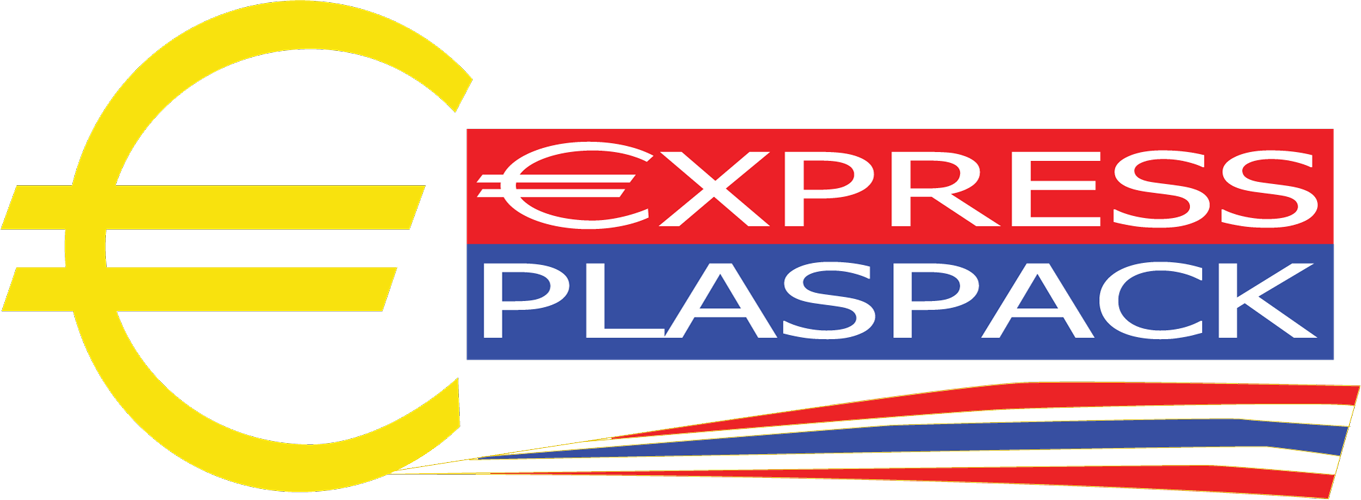


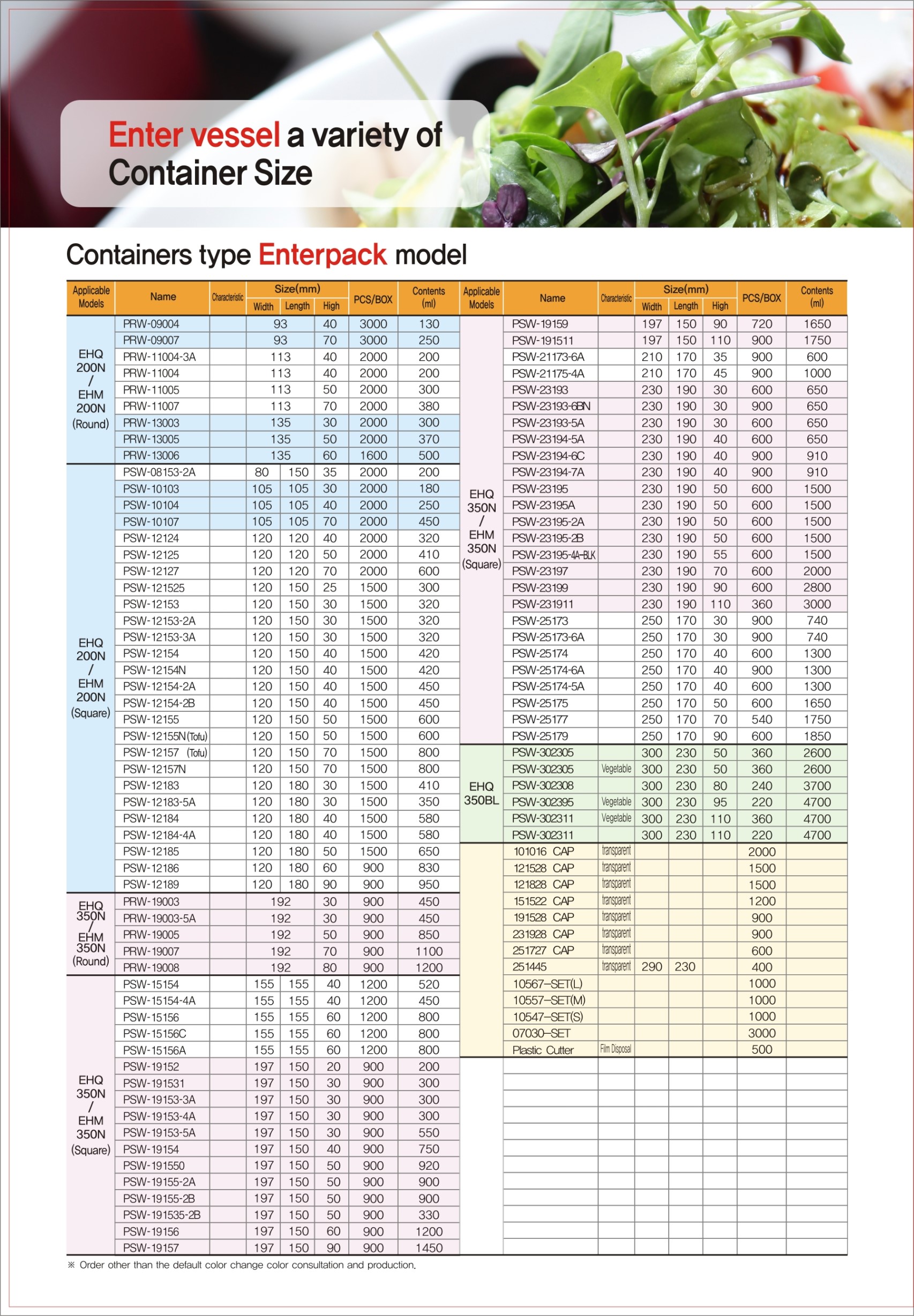
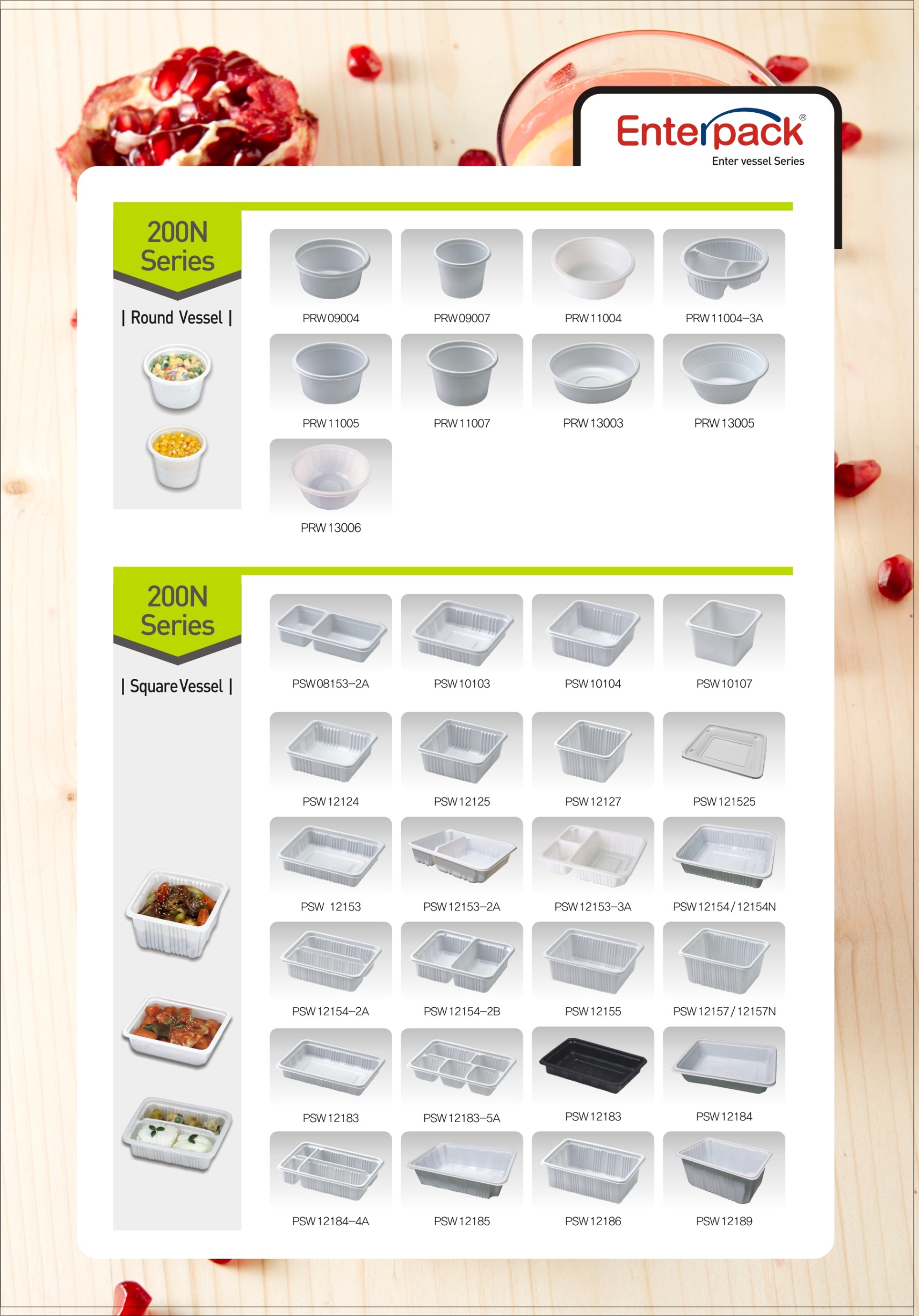
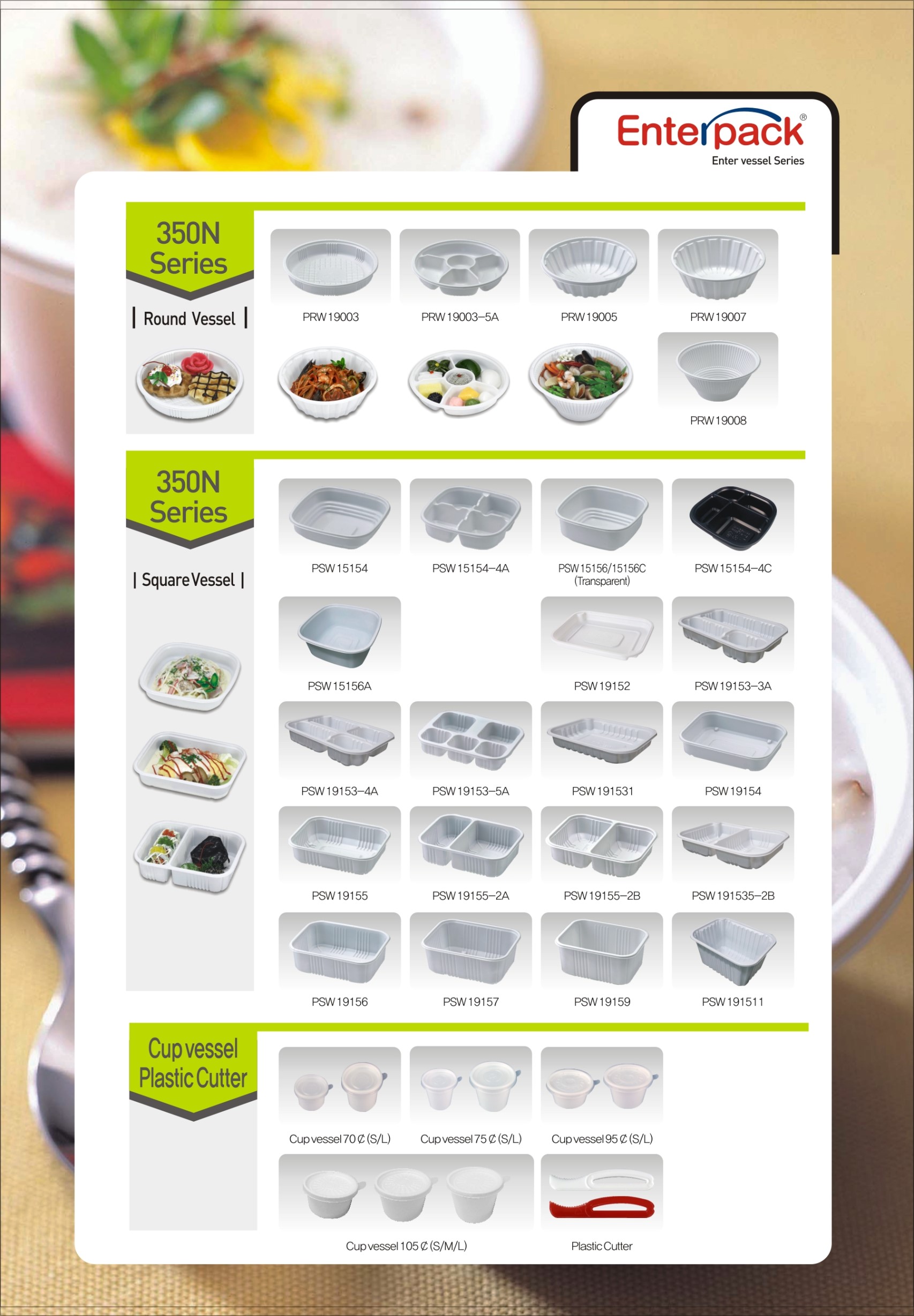
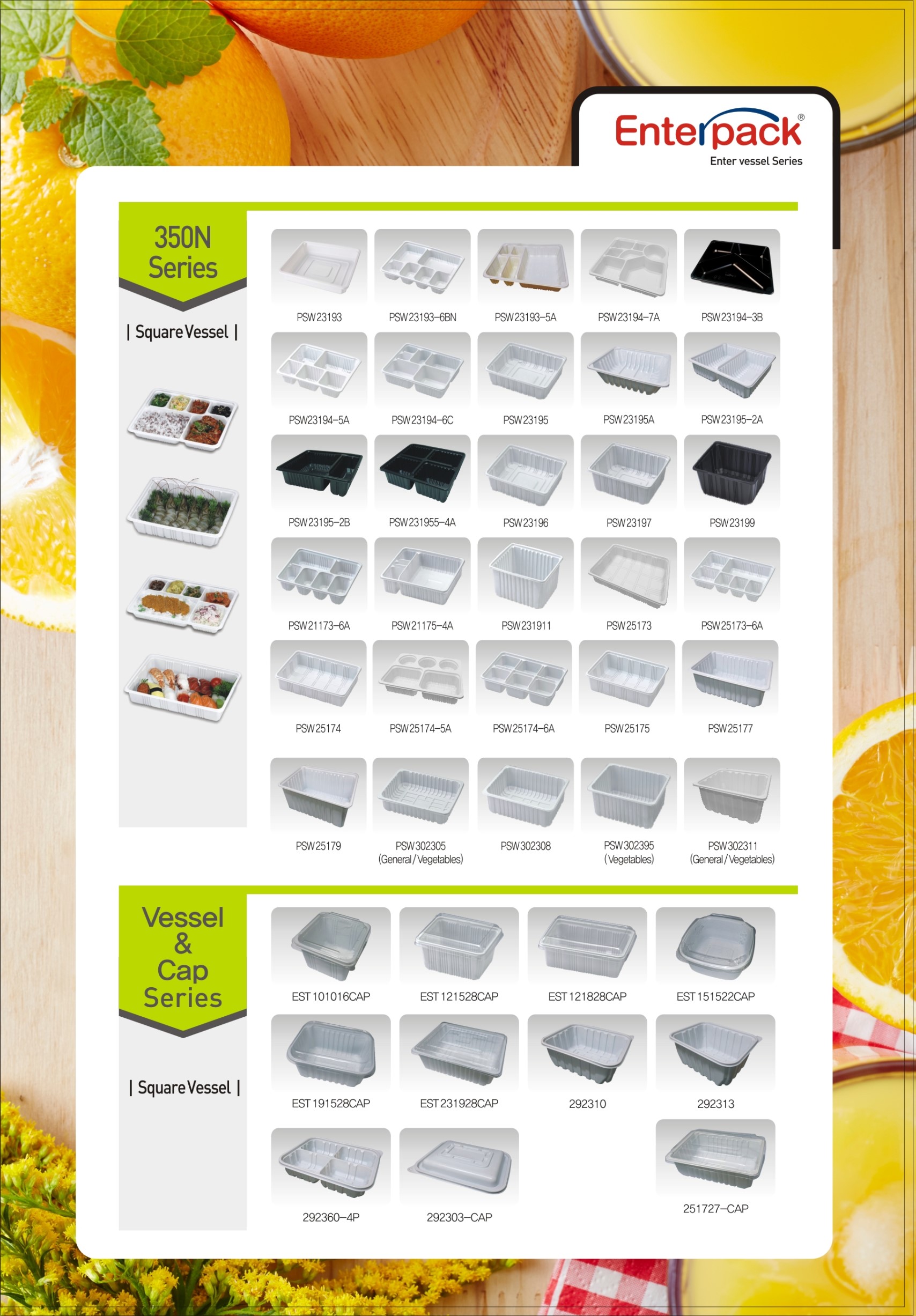



Sorry, the comment form is closed at this time.